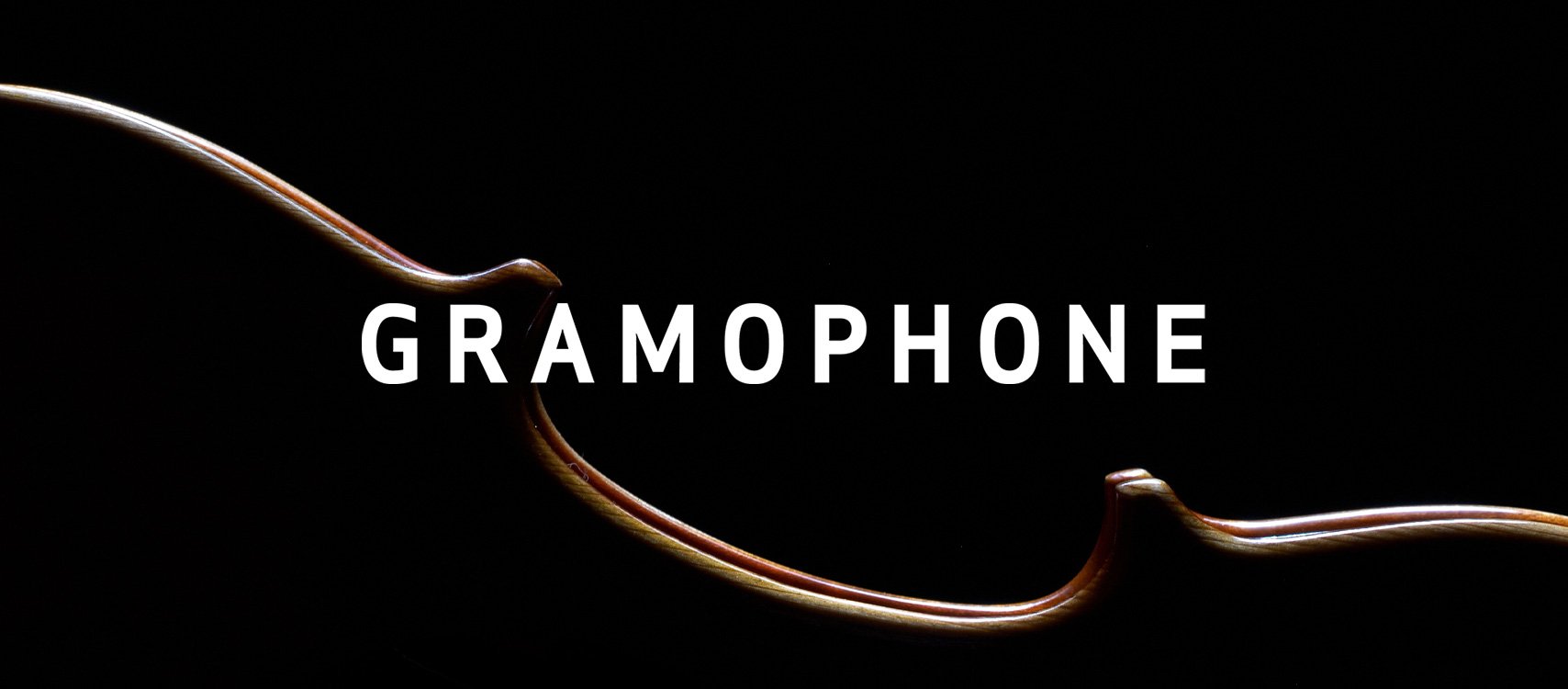ALBUM REVIEW
April 19, 2024
Gramophone: The Blind Banister - Editor’s Choice
Pwyll ap Siôn from Gramophone reviewed Timo Andres’ new studio album, The Blind Banister, on Nonesuch Records. Read more »
Unsurprisingly perhaps, the inquisitive, explorative and dynamic approach one hears in Timo Andres’s piano-playing also comes through in his own music. Composed in 2015, The Blind Banisterdraws on Beethoven’s Second Piano Concerto, exploring what Andres has called a stylistic ‘fault line’ between the late Classical style of the concerto and the more ‘modern’-sounding cadenza incorporated by Beethoven some 20 years later.
The first movement starts innocently enough with a series of stammering, staircase-like suspensions announced sotto voce on solo piano. The stylistic fault lines become more pronounced as the music unfolds, however, with Andres’s music exposing ever deeper and wider stylistic cracks. Caught in a perpetual cycle of tension and release, these harmonic suspensions eventually break free towards the end of the movement in a climax full of Beethovenian chaos and drama.
A similar narrative is played out in the second movement, oscillating patterns providing the basis for a Rubik’s cube of interlocking harmonies. This time, resolution comes in the form of a powerful cadenza full of falling polymetric cascades that call to mind the influence of Ives, Nancarrow and John Adams, while a pocket-size finale telescopically reprises the material contained in the opening two movements in a single panoramic sweep.
These fault lines are harnessed to very different ends in the more lyrical and nostalgic cello concerto Upstate Obscura. Described by Andres as ‘a kind of thought experiment set in the primordial ooze of the 19th century’ when American artists often looked to Europe for inspiration, what appears on the music’s surface as mere decoration – in this case another falling scale decorated with grace-note-style figurations – ends up underpinning the music’s architectonic dimensions. With a wonderfully controlled and poised performance by cellist Inbal Segev in Upstate Obscura, the Metropolis Ensemble under conductor Andrew Cyr in full control throughout, and the irrepressible Andres on top of his game in The Blind Banister and the solo piano piece Colorful History, I cannot recommend this album highly enough.


